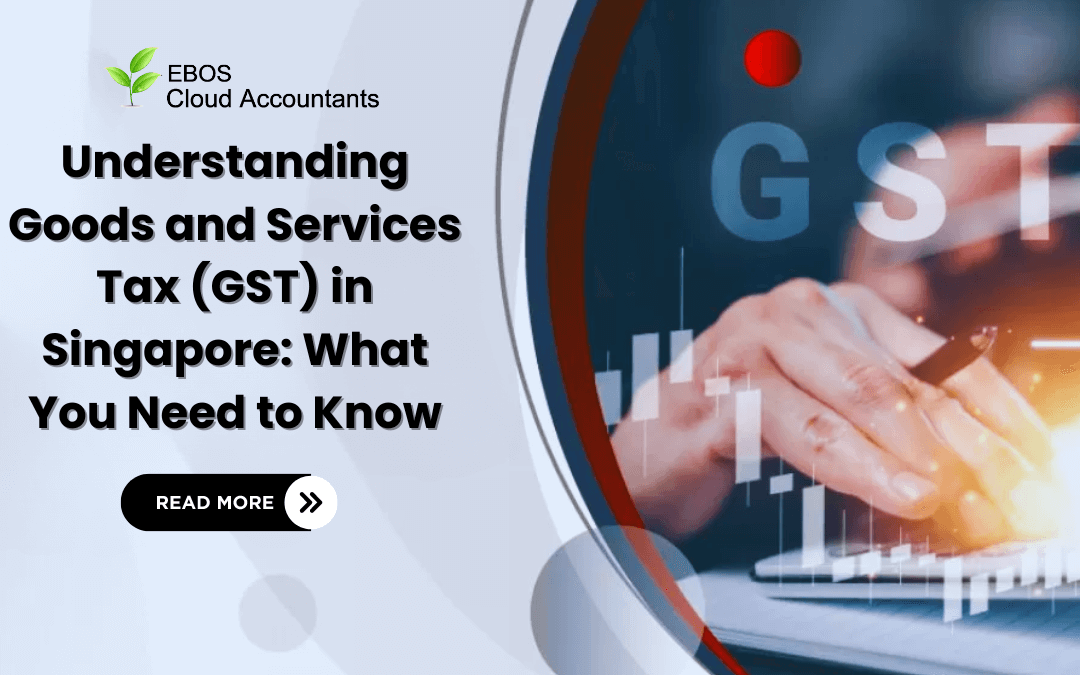Goods and Services Tax, or GST, is a broad-based consumption tax that Singapore Customs collects on imported products and almost all suppliers of goods and services in Singapore levy. In other countries, people refer to GST as Value-Added Tax (VAT).
GST exemptions apply to most financial services, the supply of digital currency tokens, the sale and rental of residential real estate, and the importation and local supply of precious metal investments. Exported products and services are tax-free.
This article provides you with everything you need to know about Singapore’s goods and services tax (GST).
What is the Goods and Service Tax (GST)?
In Singapore, GST stands for Goods and Services Tax, which is a broad-based consumption tax that the government levies on imported products and most goods and services supplied.
It is an indirect tax that standard-rated suppliers levy as a percentage and apply to the selling price of products and services GST-registered businesses offer.
Businesses Need to Register for GST
If your taxable turnover reaches $1 million, you must register for GST.
You may also be subject to GST registration under the Reverse Charge and Overseas Vendor Registration regimes. For more details, see the section on Reverse Charge and Overseas Vendor Registration.
If your business’s taxable turnover does not exceed $1 million, you may choose to voluntarily register for GST after careful analysis.
Please visit our website for further information on whether you need to register for GST and the responsibilities of GST-registered businesses.
Is a Singaporean corporation required to collect GST?
No. Your company must register for GST and collect GST only if its annual turnover exceeds SG$1 million or if you have applied to IRAS to become a GST-registered company.
GST charge and claim
Only GST-registered firms can charge and claim GST beginning with the effective date of registration. Non-GST registered firms cannot charge or claim GST.
Charging GST
If you register for GST, you must charge GST on all taxable supplies at the current GST rate, except for supplies subject to customer accounting. The output tax is the GST that you charge and collect. You must pay the output tax to IRAS within one month after the end of the accounting period. For further information, please see our filing and payment due date page.
If you have unjustly charged or received GST, you must remit it to IRAS.
Claiming GST
If you register for GST, you can claim the GST paid on business purchases (including imports) and expenses as input tax on your GST returns. This is subject to your meeting the requirements for claiming input tax.
In Summary
GST is a transformative tax reform designed to simplify and unify the indirect tax system, encourage economic growth, boost transparency, and establish a single national market. Its significance stems from its potential to foster a more efficient, competitive, and transparent tax environment that benefits firms, consumers, and the economy as a whole.
Contact EBOS Cloud Accountant today for Accurate Record-Keeping: Keep precise and up-to-date records of all transactions to ensure GST compliance.







